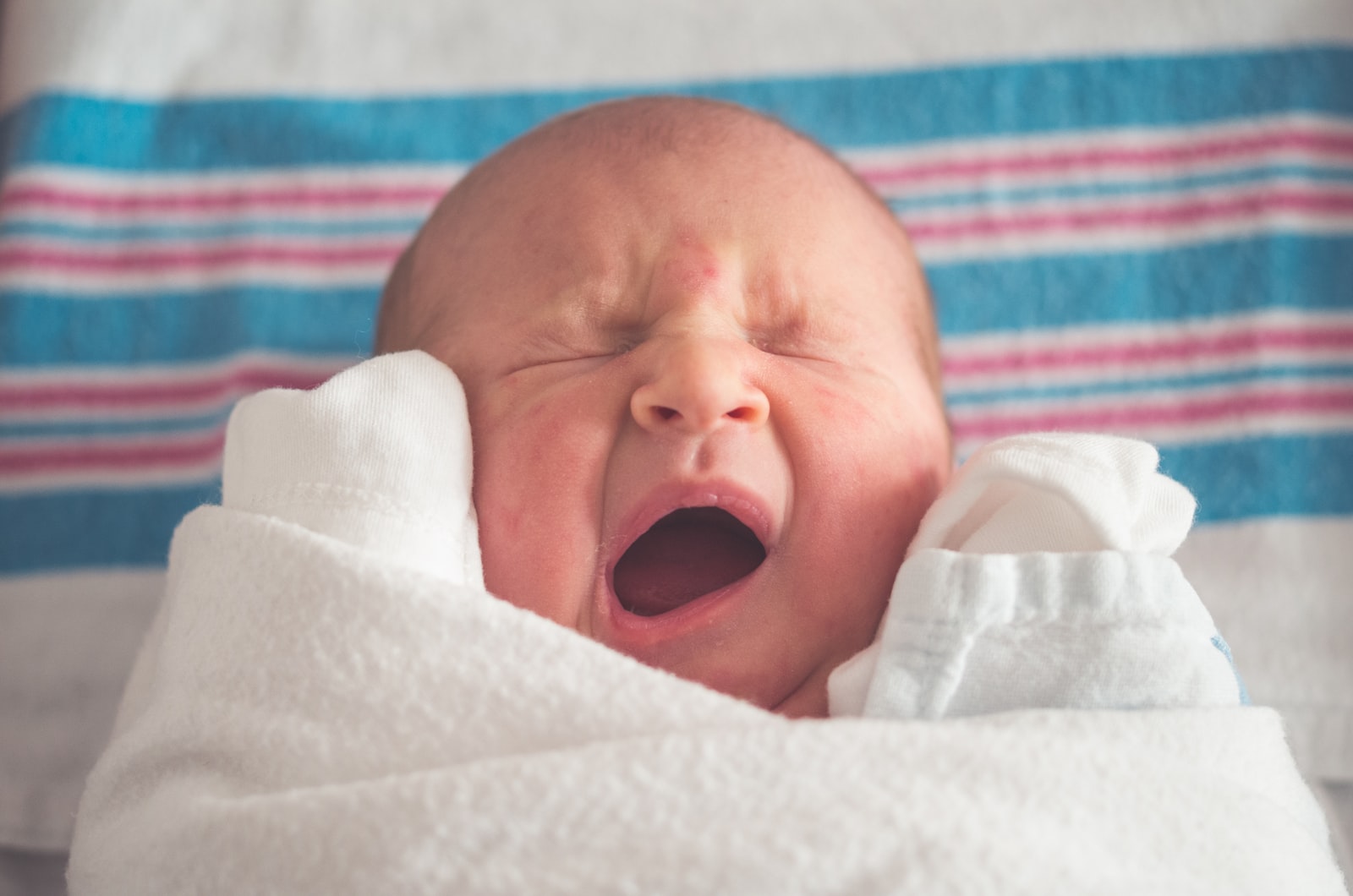Genetic test to prevent deafness in babies recommended for NHS
Clinical watchdog The National Institute for Health and Care Excellence (NICE) has proposed NHS hospitals start using a rapid test that can help preserve the hearing of new-born babies.
The new genedrive kit analyses babies DNA – specifically taking samples from their cheek – and is designed to see if they are suspectable to commonly used antibiotics which can cause permanent hearing loss.
An example of this is gentamicin, an antibiotic that treats bacterial infections in babies, which has a rare side effect. Around 1,250 babies in England and Wales are born with a subtle change in their genetic code that allows the antibiotics to bind onto the hair cells in their ears, where it becomes toxic.
The hairs inside ears help convert sound signals to the brain and if they are damaged, it can result in severe hearing problems.
Tested at two neonatal intensive care units in Manchester and Liverpool, the new kit has been taking samples from babies and delivering results on whether antibiotics affect their hearing within the hour.
The National Institute for Health and Care Excellence (NICE) – an organisation that decides which drugs and technologies the NHS uses – has provisionally approved the test.
Mark Chapman, Interim Director of Medical Technology at NICE, said: ‘Hearing loss has a substantial impact on the quality of the life of a baby and their family.
‘Having this test available to NHS staff can avoid the risk of hearing loss in babies with the variant who need treatment with antibiotics.’
Additionally, Mr Chapman said the cost of treating hearing loss was ‘high’ – fitting a pair of cochlear implants, which use a microphone to convert sounds to an electrical signal, cost around £65K.
Currently, research from The Elizabeth Foundation, a national charity dedicated to supporting deaf young people, displays an estimated 6,500 – 7,000 children aged under five suffer with severe to profound deafness.
Susan Daniels, Chief Executive of the National Deaf Children’s Society, said: ‘It’s very encouraging that more evidence will be gathered on this important development.
‘I hope this additional evidence will support the argument for the rollout of technology which could play a pivotal role in preventing deafness in a small number of babies in the future.’
Photo by Tim Bish
















